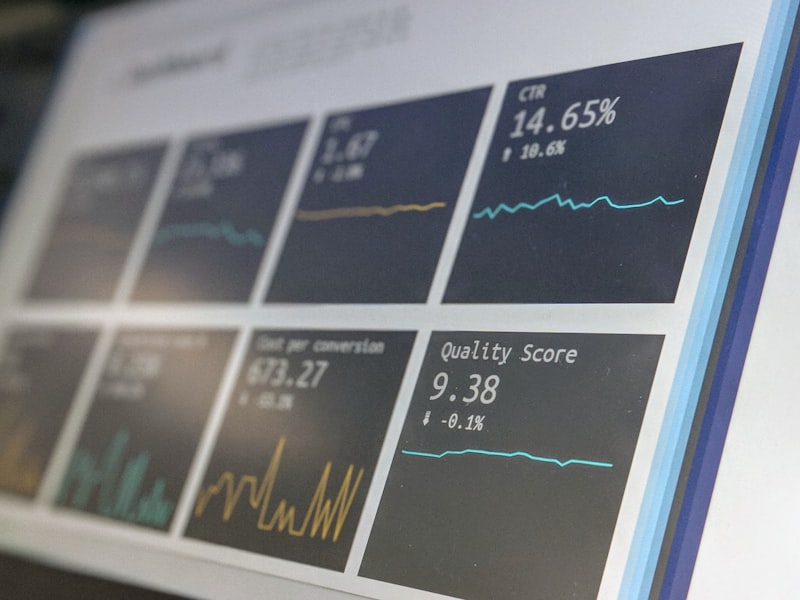In an era where data is a crucial asset, ensuring its protection has become paramount, especially for companies involved in background screening. In Nigeria, the Nigeria Data Protection Regulation (NDPR) provides a legal framework to safeguard personal information. This guide aims to help background screening companies navigate the NDPR, ensuring compliance and protecting the rights of individuals whose data they handle.
Overview of the Nigeria Data Protection Regulation (NDPR)
The NDPR, enacted by the
National Information Technology Development Agency (NITDA) in January 2019, aims to regulate the processing of personal data to ensure privacy, confidentiality, and security. It applies to all transactions intended for the processing of personal data and to natural persons residing in Nigeria or Nigerian citizens residing outside Nigeria.
Key Principles of the NDPR
1. Lawfulness, Fairness,and Transperency: Data processing must be lawful, fair, and transparent to the data subject.
2. Purpose Limitation: Personal data must be collected for specified, legitimate purposes and not further processed in a manner incompatible with those purposes.
3. Data Minimization: Only data necessary for the intended purpose should be collected.
4. Accuracy: Personal data must be accurate and kept up to date.
5. Storage Limitation: Data should be kept in a form that permits identification of data subjects for no longer than necessary.
6. Integrity and Confidentiality: Data must be processed in a manner that ensures security, including protection against unauthorized or unlawful processing, and against accidental loss, destruction, or damage.
Compliance Requirements for Background Screening Companies
1. Data Processing Consent
- Obtain explicit consent from the data subject before collecting and processing their data. Consent must be informed, specific, and freely given.
- Provide clear and accessible information about the purpose of data collection and the nature of data processing.
2. Data Subject Rights
- Right to Access: Data subjects have the right to access their personal data and information on how it is being processed.
- Right to Rectification: Data subjects can request corrections to inaccurate or incomplete data.
- Right to Erasure: Also known as the "right to be forgotten," this allows individuals to request the deletion of their personal data under certain conditions.
- Right to Restriction of Processing: Data subjects can request the restriction of their data processing under specific circumstances.
- Right to Data Portability: Data subjects have the right to receive their personal data in a structured, commonly used, and machine-readable format.
3. Data Protection Impact Assessments (DPIAs)
- Conduct DPIAs to identify and mitigate risks associated with data processing activities. This is particularly important for new projects or processes that involve high-risk data processing.
4. Data Breach Notification
- In case of a data breach, notify NITDA within 72 hours of becoming aware of the breach.
- Inform affected data subjects without undue delay if the breach is likely to result in a high risk to their rights and freedoms.
5. Data Protection Officer (DPO)
- Appoint a Data Protection Officer responsible for overseeing data protection strategies and ensuring compliance with the NDPR.
6. Data Processing Agreements
- Establish data processing agreements with third parties involved in data processing activities. Ensure that these agreements comply with NDPR requirements and safeguard data subjects' rights.
7. Data Security Measures
- Implement appropriate technical and organizational measures to protect personal data against unauthorized access, disclosure, alteration, or destruction.
- Regularly review and update security practices to address new threats and vulnerabilities.
8. Record Keeping
- Maintain records of data processing activities, including the purpose of processing, categories of data subjects, data recipients, and data retention periods.
- Make these records available to NITDA upon request.
Best Practices for NDPR Compliance
1. Training and Awareness
- Provide regular training to employees on data protection principles and NDPR compliance requirements.
- Foster a culture of data protection within the organization to ensure that all employees understand their roles and responsibilities.
2. Data Minimization
- Collect only the data necessary for background screening purposes. Avoid excessive or irrelevant data collection.
- Regularly review data collection practices to ensure compliance with the data minimization principle.
3. Transparency
- Clearly communicate data processing practices to data subjects. Provide detailed privacy notices outlining how their data will be used, stored, and protected.
- Ensure transparency in obtaining consent and allow data subjects to withdraw consent easily.
4. Regular Audits and Assessments
- Conduct regular audits and assessments to ensure ongoing compliance with the NDPR.
- Identify and address any gaps or weaknesses in data protection practices.


